How to Stop Your Child’s “I’m So Lonely” Tears Forever (Because Your Heart Breaks Every Time)
When Friendship Feels Impossible for Your Child
Have you ever watched your child sit alone at the playground, desperately wanting to join the other kids but not knowing how?
Here’s a shocking truth: Over 70% of children report feeling lonely at school, yet 85% of parents believe their kids have enough friends. That gap? It’s breaking hearts and stunting development every single day.
But what if I told you that you could transform your child from lonely to loved – starting today? What if those tearful “nobody likes me” conversations could become confident stories about their best friend adventures?
You’re about to discover the exact roadmap that turns socially struggling kids into friendship magnets. Because every child deserves to feel the joy of true connection.
Why Your Child’s Friendships Matter More Than Their Report Card
Stop obsessing over test scores for a moment. Your child’s friendships shape their entire future – their self-esteem, mental health, and success in relationships for decades to come.
The hard truth? Children without strong friendships are:
- 5x more likely to experience depression as adults
- 3x more likely to struggle with anxiety disorders
- 50% more likely to have relationship problems later in life
Yes, academics matter. But friendship skills? They’re non-negotiable for a happy life.
How Friendship Changes (And Why You Need to Keep Up)
Your child’s friendship needs evolve faster than their shoe size. Understanding these stages helps you guide them better:
Ages 2-4: “You’re here, so you’re my buddy!”
- Proximity equals friendship
- Shared toys create bonds
- Conflicts last about 3 minutes
Ages 5-7: “You’re nice to me!”
- Kindness becomes the foundation
- Support and affection matter most
- First real emotional connections form
Ages 8-12: “We’re secret-sharing soul mates!”
- Loyalty takes center stage
- Shared interests create deeper bonds
- Trust becomes essential
Ages 13+: “You truly get me.”
- Emotional intimacy deepens
- Self-disclosure increases
- Identity formation happens together
Want to help your child thrive? Meet them where they are developmentally.
The Hidden Friendship Killers Sabotaging Your Child
Today’s kids face friendship challenges you never imagined. These modern obstacles are silently destroying their social confidence:
The Gender Trap That’s Crushing Connection
For boys: Society demands they act “tough,” killing their emotional expression. Result? They can’t form deep bonds and struggle with vulnerability forever.
For girls: They walk a tightrope between intimacy and “mean girl” stereotypes. The pressure? It’s creating anxiety and self-doubt.
For LGBTQ+ kids: They battle misunderstanding, exclusion, and safety concerns that make friendship feel dangerous instead of joyful.
Universal Friendship Fails Everyone Faces
Your child might be struggling because they’re dealing with:
- Shyness that stops them from making the first move
- Bossiness that drives potential friends away
- Drama from misunderstandings and hurt feelings
- Social cue confusion that creates awkward moments
- Fear of rejection that keeps them isolated
- Toxic friendships that damage their self-worth
Recognize any of these? You’re not alone – and more importantly, you can fix this.
Your Secret Weapon: The 6 Friendship Superpowers
Stop waiting for your child to “figure it out.” These skills transform lonely kids into friendship magnets – but only if you teach them intentionally.
Superpower #1: Master the Art of Listening
Why this matters: Kids who listen well attract friends like magnets. They make others feel valued and important.
How to teach it:
- Practice “no-phone zones” during conversations
- Teach them to ask follow-up questions
- Model active listening in your own interactions
- Reward them when they remember details friends shared
Superpower #2: Dare to Share (The Right Way)
The secret sauce: Vulnerability creates connection, but it must be age-appropriate and mutual.
Your action steps:
- Share your own struggles (age-appropriately)
- Ask open-ended questions that go beyond “yes/no”
- Create judgment-free zones for their feelings
- Teach them emotional vocabulary words
Superpower #3: Give Empathy Like a Superhero
Here’s what most parents miss: Your emotional support at home directly impacts their friendship success outside.
What you can do today:
- Hug them more (physical affection builds confidence)
- Validate their feelings even when you disagree with actions
- Teach them to recognize emotions in others’ faces
- Practice saying supportive phrases
Superpower #4: Speak Up Without Starting Wars
The truth: Conflict avoidance kills friendships faster than conflict itself. Teach healthy disagreement.
Essential skills to practice:
- Using “I feel…” statements instead of accusations
- Listening during disagreements
- Brainstorming win-win solutions together
- Apologizing sincerely when wrong
Superpower #5: Spot Friendship Red Flags Instantly
This skill saves them from toxic relationships forever. Teach them the difference:
Green Light Friends:
- Respect their boundaries
- Support their dreams
- Make them feel good about themselves
- Share and take turns fairly
- Keep their secrets safe
Red Flag “Friends”:
- Control or manipulate them
- Make them feel bad about themselves
- Share their secrets with others
- Always take but never give
- Create constant drama
Pro tip: Trust their gut feelings. If a friendship consistently feels “off,” it probably is.
Superpower #6: Create Connection Opportunities
Don’t leave friendship to chance. Actively create opportunities:
- Arrange regular playdates
- Encourage clubs or sports with shared interests
- Volunteer together as a family
- Visit parks, libraries, and community events
- Let them invite friends for sleepovers
The Digital Friendship Dilemma (And How to Navigate It)
Brace yourself for this statistic: Over 70% of young people have used AI as a companion, with nearly one-third finding these conversations as satisfying as human friendships.
Your child lives in a hybrid world where online chats blur with real-life connections. This creates new challenges:
The Good News About Digital Friendships
- Kids can connect across distances
- Shy children find their voice online
- Shared interests unite kids globally
The Concerning Reality
- Nonverbal cues get lost in translation
- Cyberbullying damages self-worth
- Screen relationships may replace real intimacy
- Unrealistic expectations for human empathy develop
Your Digital Coaching Strategy
Become their guide, not their enemy:
- Set clear screen time boundaries
- Teach digital etiquette and kindness
- Monitor their online interactions
- Balance virtual friendships with face-to-face time
- Discuss the difference between online personas and real people
Transform Loneliness Into Lasting Connection Starting Today
Your child doesn’t have to suffer through lonely days anymore. You have the power to change their entire social trajectory – but you must act intentionally.
Start with just ONE skill this week. Choose the friendship superpower that addresses your child’s biggest struggle right now. Don’t overwhelm them (or yourself) by trying everything at once.
Remember this: You’re not just teaching friendship skills – you’re building their foundation for every future relationship. Your investment today pays dividends for their entire lifetime.
Ready to watch your child’s confidence soar? Ready to hear stories about their amazing friends instead of lonely tears? Ready to give them the social superpowers they deserve?
Your first step is simple: Have one meaningful conversation with your child today about their friendships. Ask what’s going well and what feels hard. Listen without fixing. Connect before you correct.
Because when friendship flows, confidence grows, and your child’s spirit glows.
What friendship challenge will you tackle first? Your child’s happiness depends on your next move.

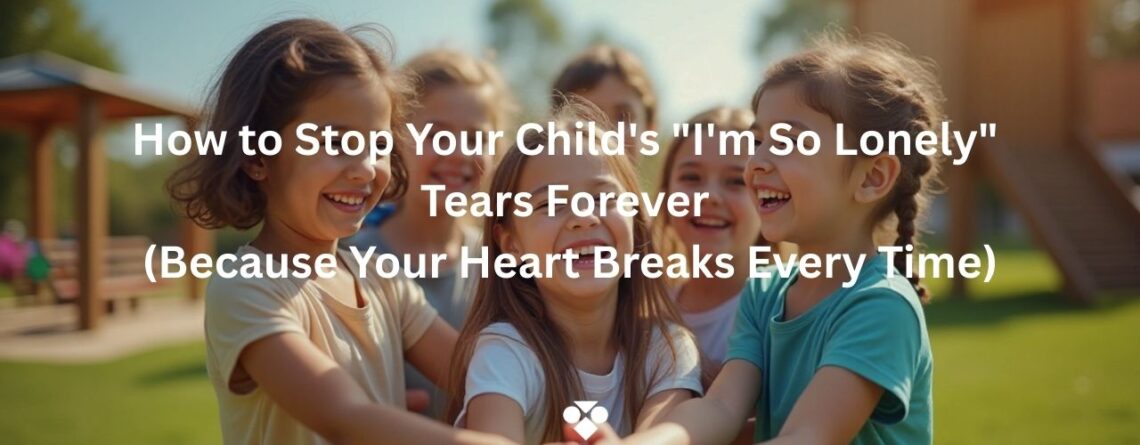

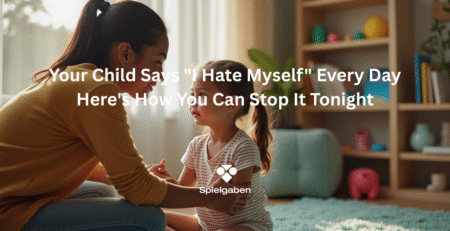
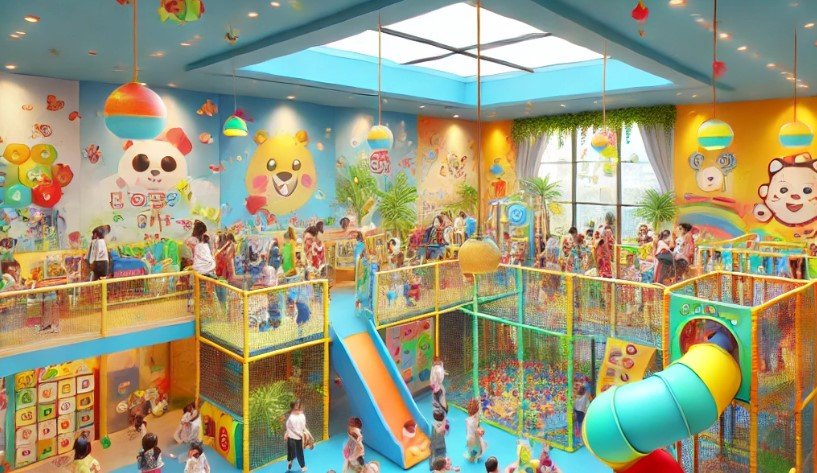
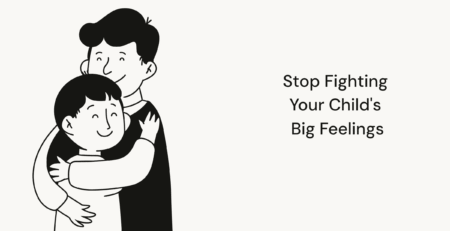
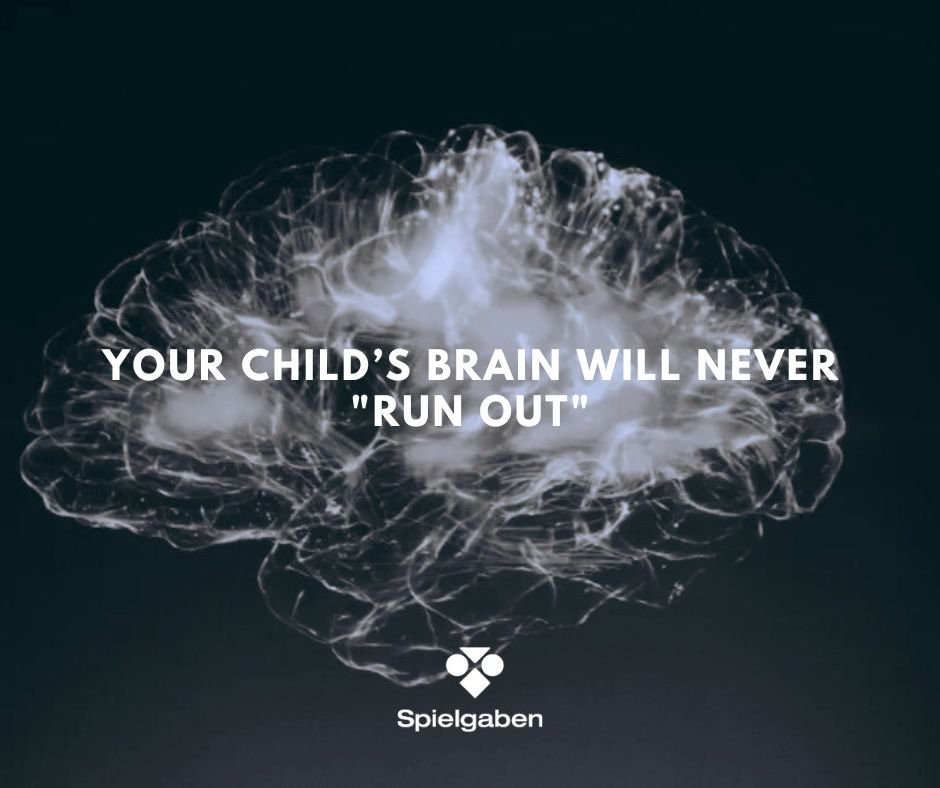



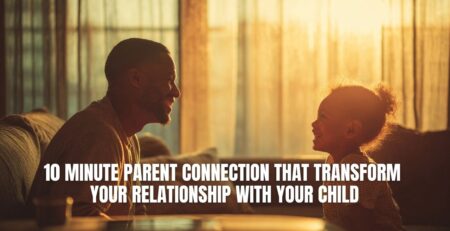
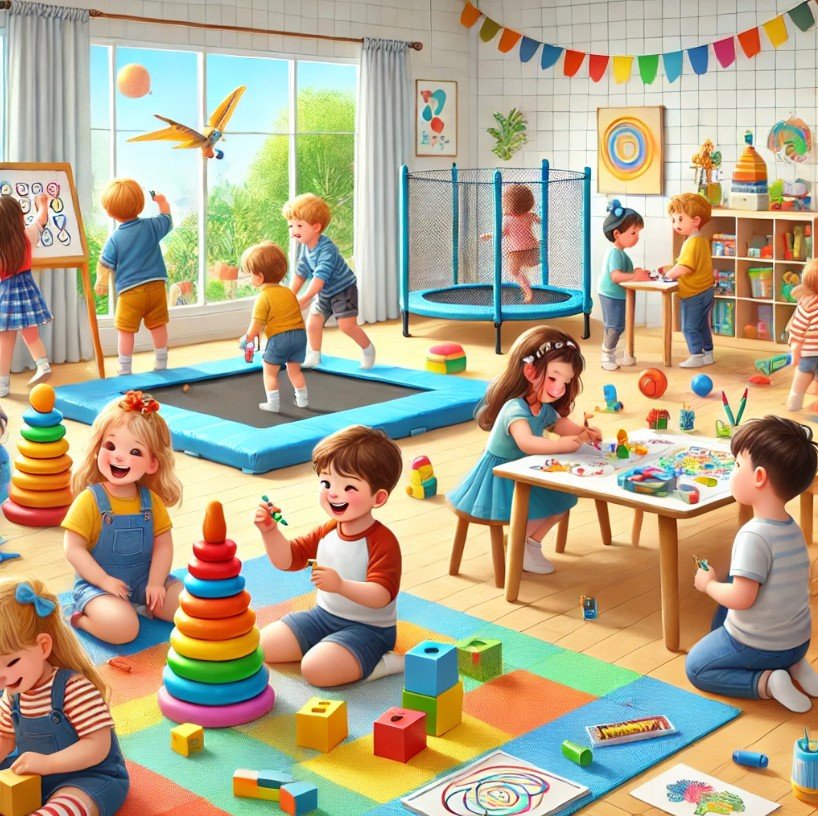

LEAVE A COMMENT